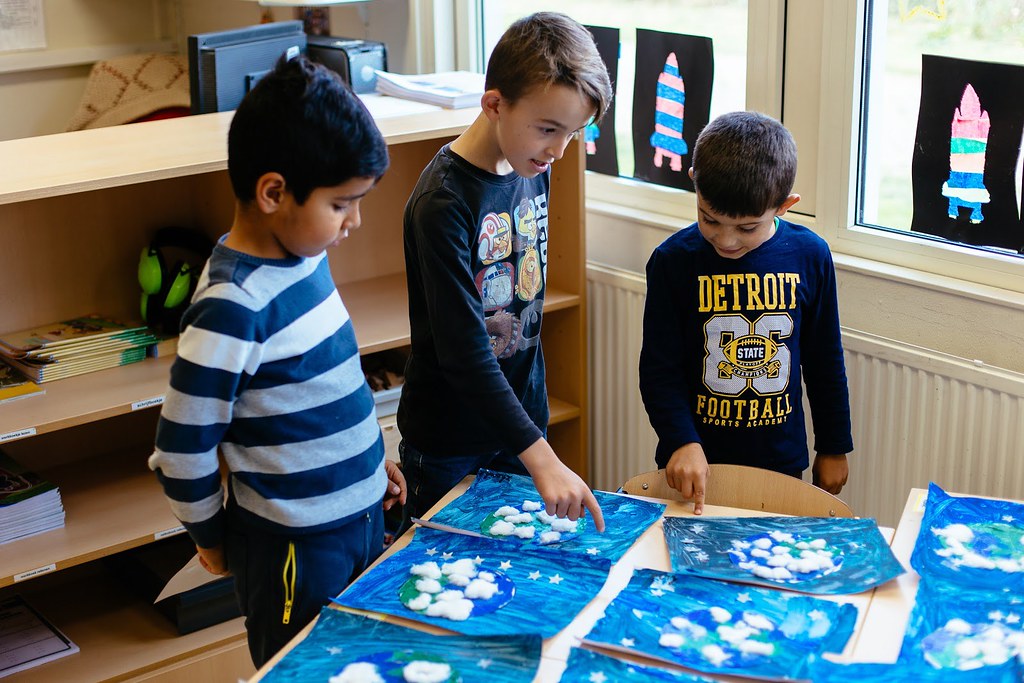Moving to a new country involves numerous adjustments, and for expat families settling in the Netherlands, understanding the primary education system is a crucial aspect of ensuring a smooth transition for their children. The Dutch educational landscape is known for its high standards and inclusivity, making it an attractive option for expatriates. In this article, we will explore the primary education system in the Netherlands, providing insights and tips for expat parents.
Structure of Primary Education:
- Start of Primary Education: Primary education in the Netherlands typically begins at the age of four. However, children can start school on the first day of the month following their fourth birthday. It is common for children to attend school for eight years, from the age of four to twelve.
- Types of Primary Schools: The Netherlands offers various types of primary schools, including public schools (openbare basisscholen), special schools (bijzondere basisscholen), and private schools (particuliere scholen). Public schools are government-funded and adhere to a secular curriculum, while special schools may have a religious or pedagogical foundation. Private schools have more flexibility in their approach to education and may charge tuition.
- Curriculum: The Dutch primary education system focuses on providing a broad and balanced curriculum. Common subjects include Dutch, mathematics, science, social studies, physical education, and creative arts. English is introduced in the later years, and some schools may offer bilingual programs.
- Inclusive Education: The Netherlands is renowned for its inclusive approach to education. Schools aim to create an environment that caters to the diverse needs of students. Special education is available for children with specific learning requirements, ensuring that every child has access to quality education.
- School Hours and Holidays: Primary schools in the Netherlands usually have a five-day school week, with Wednesday afternoons off in some regions. School hours vary but typically run from around 8:30 AM to 3:00 PM. The school year is divided into three terms, with breaks for holidays and vacations.

Integration into Dutch Culture:
- Language Barrier: While many Dutch people are fluent in English, expat parents might want to familiarize themselves and their children with the Dutch language. Learning the language can significantly enhance the overall experience and facilitate better integration into the local community.
- Parental Involvement: Dutch schools encourage parental involvement, and expat parents are welcomed to participate in school activities, parent-teacher meetings, and events. This can be an excellent opportunity for both parents and children to make connections within the local community.
- Cultural Sensitivity: Understanding Dutch cultural norms and values can help expat families navigate social interactions with teachers, students, and other parents. Respect for punctuality, direct communication, and a collaborative approach to education are key aspects of Dutch culture.
Conclusion:
Navigating primary education in the Netherlands as an expat can be a rewarding experience. The inclusive nature of the Dutch education system, coupled with a strong emphasis on a well-rounded curriculum, ensures that children receive a comprehensive and enriching learning experience. By actively engaging with the local community and understanding the cultural nuances, expat families can foster a positive and successful academic journey for their children in the Netherlands.